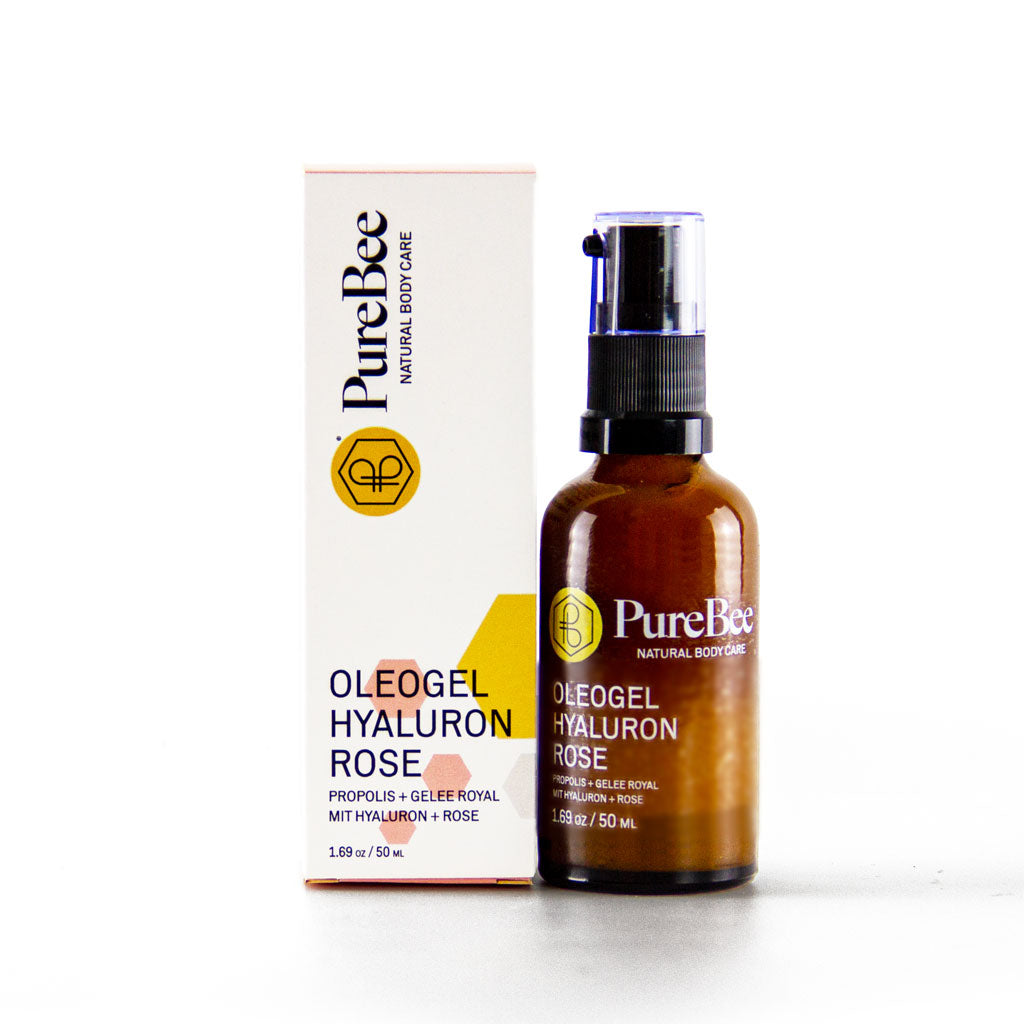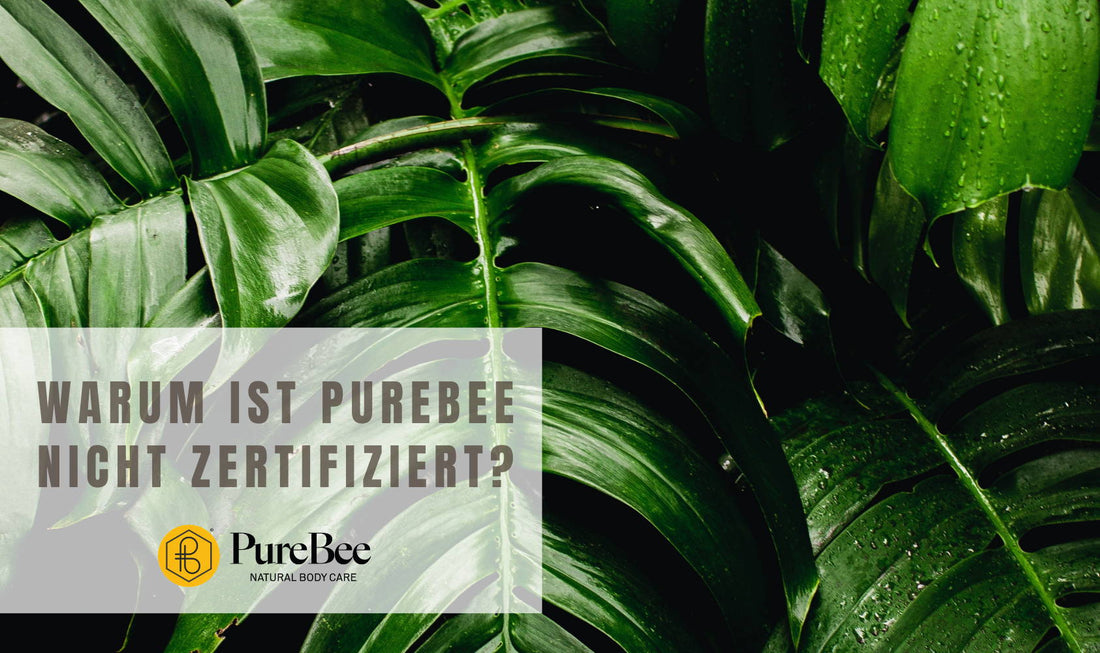This topic is not only a central question for us at PureBee, but actually for all manufacturers and importers of natural cosmetics. We are regularly asked why our products are not "certified natural cosmetics". This is not surprising, because if you take a closer look at the market, there is a wealth of seals and logos that "certify" natural cosmetics for customers. Of course, "certified natural cosmetics" creates trust and the customer feels more secure in his purchase decision. The next time you stroll through the cosmetics department of your supermarket or drugstore, pay attention to how many seals you see and how it makes you feel. But can you really rely on all seals?
Since we deliberately decided against certification, it is clear that we also have some points of criticism and there are reasons why we are not certified.
However, this is not intended to be a post about the pros and cons of existing natural cosmetics seals, and we do not want to evaluate them either. Rather, we would like to explain our philosophy to you and why these seals do not suit us. "PURE. PURE NATURE. NATURALLY BEAUTIFUL." That is our motto and we live it holistically. For us, sustainability and naturalness does not stop with the ingredients of the products, but extends through the supply chain to product development and delivery to your door. However, most seals are only about ingredients.
The topic of natural cosmetics certification is far more extensive than one might initially think. A certification does not necessarily say whether a product is "good" or "bad" and since transparency in all areas is important to us, we would like to disclose our reasons why we decided against it.


